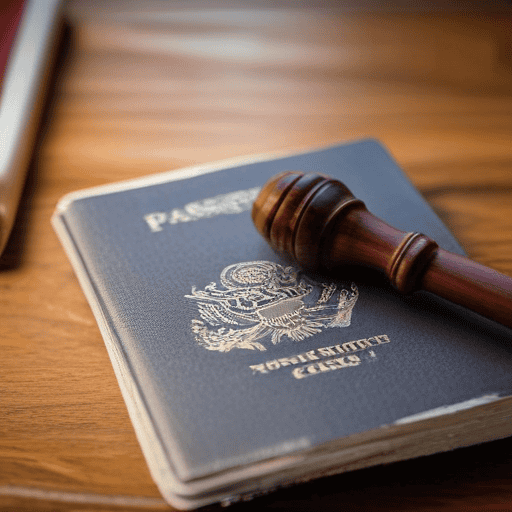A man has been found guilty of using fake passports to travel between New Zealand, Australia, and Fiji over a span of three years. Dane Antony Moule, who has a criminal history, undertook this illicit journey knowing he would be denied entry into Australia due to previous offenses, according to reports from the New Zealand Herald.
Beginning in May 2015, Moule asked an associate to assist in applying for a fake New Zealand passport. This passport was issued under his associate’s name but featured Moule’s photo. It enabled him to successfully pass through Customs when traveling from Auckland to the Gold Coast in Australia and later upon his return to New Zealand.
Moule continued to use this fraudulent passport for another trip to Australia in January 2016, returning to New Zealand eight days later. His travels halted until February 2018, when he secured a different fake passport from the same associate, this time to fly to Fiji. He used this passport to clear Customs upon his arrival in Fiji and again when returning to Auckland shortly thereafter.
Ultimately, Moule’s illegal actions were exposed through facial recognition technology used by New Zealand Customs at the border. The eGates employed in these processes matched the images in individuals’ ePassports with live photos taken at Customs, leading to his capture.
Moule, who is now 61 years old, confessed to charges related to the use of forged travel documents in a New Zealand court. He originally faced eight charges under the Passport Act, which have since been reduced to two representative charges. The first charge could lead to a maximum 10-year prison sentence, while the second carries a five-year maximum. He is currently out on bail, with sentencing scheduled for July.
This case underscores the challenges authorities face in detecting fraudulent documentation and highlights the potential advancements in technology that can aid in border security. It also serves as a reminder of the importance of adhering to legal standards when traveling internationally. There remains a hopeful outlook that with continued technological improvements and enforcement measures, the risks of such illegal travels can be significantly reduced in the future.

Leave a comment